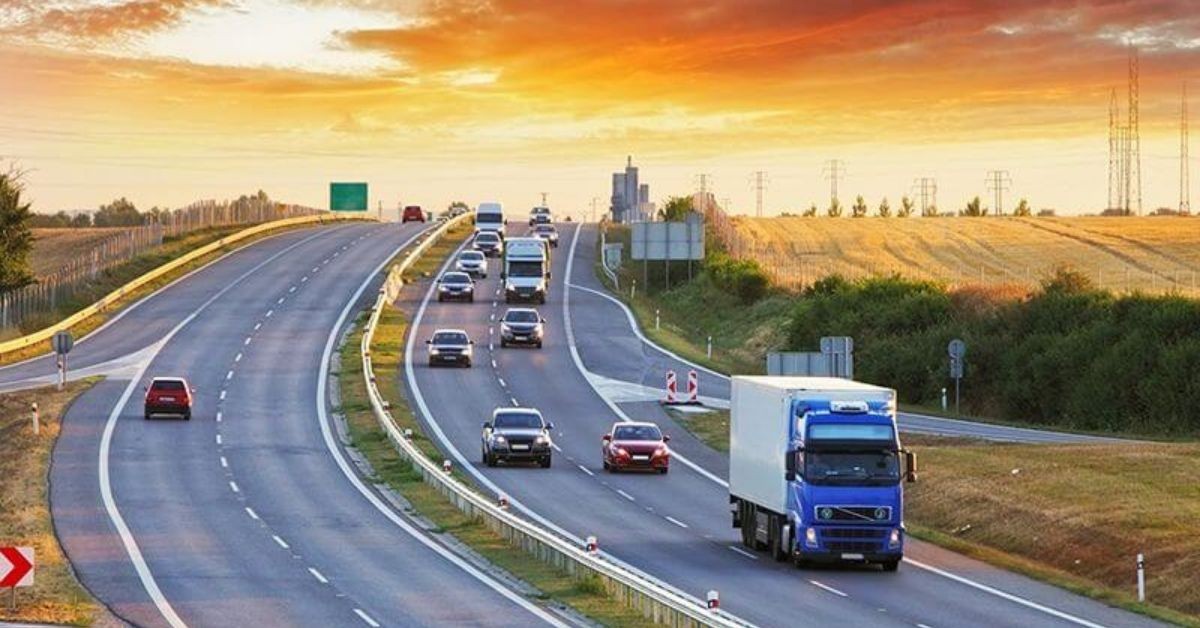The electric highway project that the Central Highway had announced some time back seems to have been put in motion. According to a report by The Print, sources in the Ministry of Road Transport and Highways believe that the first batch of these highways could be completed in 2022. The e-highway project has been one of the core areas of public infrastructure development for the present government and the Delhi-Jaipur stretch on the Delhi-Mumbai Expressway will be the first to undergo electrification.
If the project is completed within the stipulated deadline, you will soon be able to say goodbye to your refueling woes while driving to Jaipur from Delhi and back. This move is also expected to deliver a fresh impetus to a modern, eco-friendly identity for India’s road transport, and boost both domestic and international tourism while Kevadia will soon have India’s first e-vehicle zone, Goa already has an exciting e-bicycle scene.
Modelled after the electrified roads in Sweden and Germany, this 200-km stretch will recharge the batteries of vehicles travelling on them. The step is expected to not only bring e-vehicles into greater focus but also bring down the carbon footprint related to transport. Earlier this year, Union Road Transport and Highways Minister Nitin Gadkari had stated that buses and trucks will be able to cruise at 120kmph on the Delhi-Jaipur stretch, and logistics costs would come down by 70 per cent.
In 2020, the minister had shared that the government was discussing the construction of the e-highway with a Swedish firm. Now, sources within the ministry have been reported to have shared that the authorities are in talks with three other companies, from Germany, Israel and Sweden, to build and electrify these highways under the private-public partnerships model.
One-fifth of the roads on the said highway will be equipped with charging capacity and a separate lane designated for e-vehicles to recharge their batteries. The publication also reported that these highways will be dedicated to freight vehicles carrying white goods and other industrial and FMCG products. The massive economic benefits of e-highways for freight vehicles have been well-documented.
Not just freight vehicles, transformations in the transport sector such as e-highways and e-vehicle zones are also expected to lead to an eventual explosion within the electric car segment; several auto manufacturers have announced plans in perfect alignment with this development.
Gadkari and other members of the ruling party have, for the longest time, batted in favour of electric vehicles. While Finance Minister Nirmala Sitharaman had announced a tax rebate of up to Rs 1.5 lakh for people purchasing e-vehicles through loans, under the FAME (Faster Adoption and Manufacturing of (Hybrid &) Electric Vehicles) scheme, the government. In April this year, Gadkari, too, had expressed confidence about India going on to become the number one manufacturer of electric vehicles in the world.
Source : Outlook








